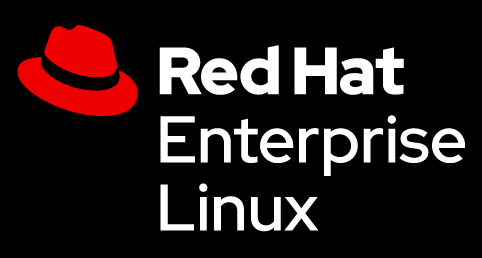The ongoing Linux open source controversy took a turn today with the announcement by CIQ, Oracle and SUSE to form the Open Enterprise Linux Association (OpenELA), described by the companies as a collaborative trade association intended “to encourage development of distributions compatible with Red Hat Enterprise Linux (RHEL) by providing open and free Enterprise Linux (EL) source code.”
The companies said OpenELA arises from Red Hat’s recent changes to RHEL source code availability. In response, OpenELA will deliver source code, tools and systems through OpenELA for the community, the three companies said.
The move is the most recent development in a controversy kicked off by Red Hat’s new source code policy announed in late June (see blog by Mike McGrath, Red Hat VP of Core Platforms; and follow-up blog).
“Collaboration is critical to fostering innovation, which is why we welcome everyone to be part of this association and help us uphold open community standards,” said Thomas Di Giacomo, chief technology and product officer of SUSE. “SUSE is a strong believer in making choice happen. Together with the open source community we will redefine what it truly means to be open and deliver a stronger future for EL.”
“Today’s announcement marks the beginning of a new era for EL,” said Gregory Kurtzer, CEO of CIQ. “With OpenELA, CIQ, Oracle and SUSE join forces with the open source community to ensure a stable and resilient future for both upstream and downstream communities to leverage Enterprise Linux.”
 “Many large organizations reached out to us to express the importance of community-driven source code for EL that can act as a starting point for compatible distributions,” said Wim Coekaerts, head of Oracle Linux development, Oracle. “OpenELA is our response to this need, and it represents a commitment to helping the open source community continue to develop compatible EL distributions.”
“Many large organizations reached out to us to express the importance of community-driven source code for EL that can act as a starting point for compatible distributions,” said Wim Coekaerts, head of Oracle Linux development, Oracle. “OpenELA is our response to this need, and it represents a commitment to helping the open source community continue to develop compatible EL distributions.”
Starting later this year, OpenELA will provide sources necessary for downstreams compatible with RHEL to exist, with initial focus on RHEL versions EL8, EL9 and possibly EL7, according to the three companies. The project is committed to ensuring the continued availability of OpenELA sources to the community indefinitely.
![]() “OpenELA’s core tenets, reflecting the spirit of the project, include full compliance with this existing standard, swift updates and secure fixes, transparency, community, and ensuring the resource remains free and redistributable for all,” the companies said. “By welcoming other organizations and community members to join and contribute actively, OpenELA seeks to build a robust, community-driven standard that ensures impartiality and equilibrium in the EL ecosystem.”
“OpenELA’s core tenets, reflecting the spirit of the project, include full compliance with this existing standard, swift updates and secure fixes, transparency, community, and ensuring the resource remains free and redistributable for all,” the companies said. “By welcoming other organizations and community members to join and contribute actively, OpenELA seeks to build a robust, community-driven standard that ensures impartiality and equilibrium in the EL ecosystem.”




